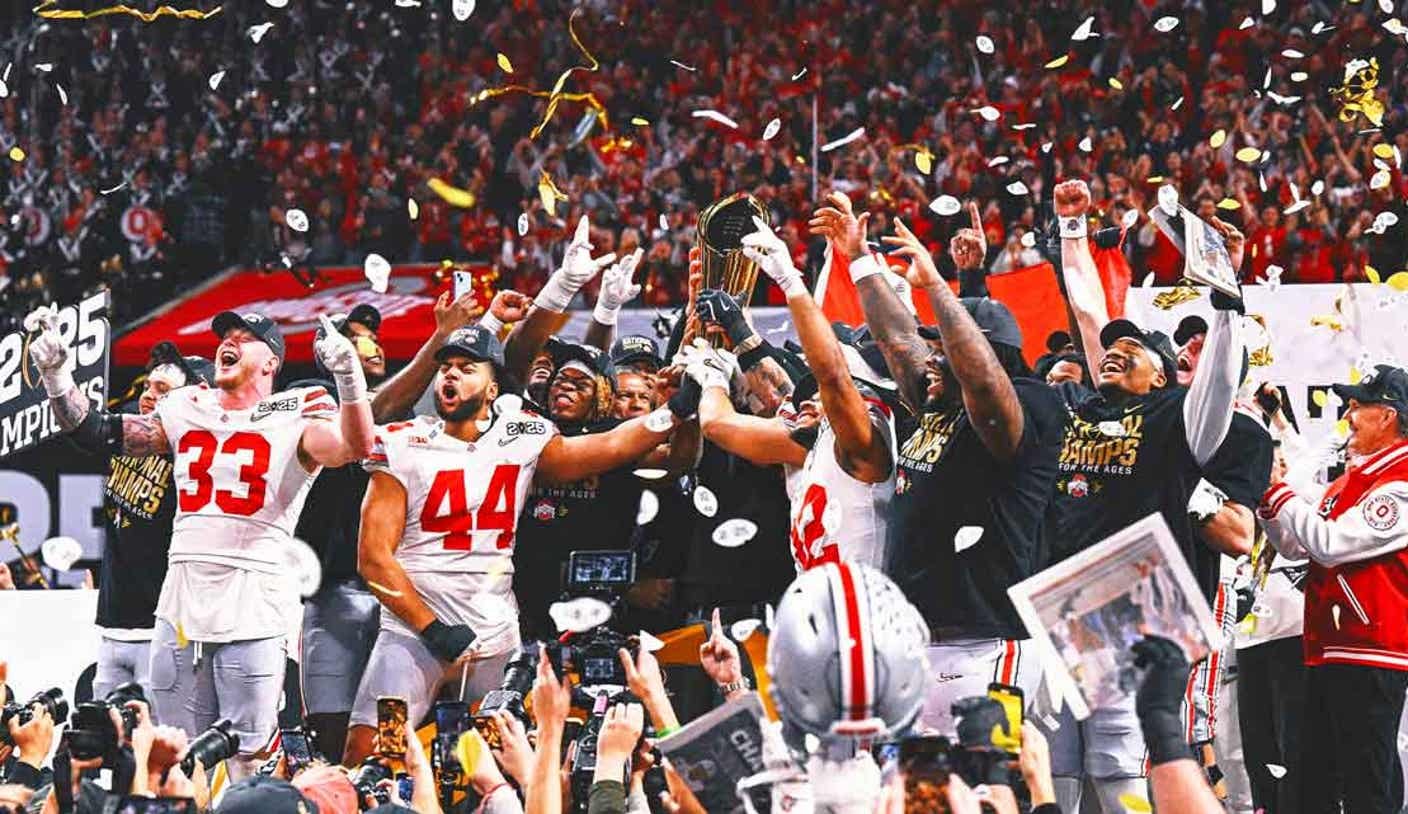Texas is the latest school to cancel its spring game, marking a significant shift in a long-standing college football tradition.
This decision reflects a growing trend among major programs as they reassess the value of spring scrimmages, which have historically provided fans with an opportunity to witness emerging talent and gain insight into the upcoming season.
Coach Steve Sarkisian announced the cancellation of the Orange & White scrimmage, pointing to the physical toll of participating in 30 games over the past two seasons, during which Texas made two appearances in the College Football Playoff.
“We’re not going to have a spring game,” Sarkisian stated during an interview with Kay Adams on the “Up & Adams Show.”
He emphasized the need for innovative player development methods that prioritize athlete health in light of increasingly demanding schedules.
“We have a lot of young players on our roster,” he explained. “With 21 mid-year high school recruits just joining us, the preparation for fall requires a different approach than in previous years.”
Sarkisian added, “I don’t believe that simply rolling the ball out for a game with only 15 practices is the best way to maximize our opportunities.”
Ohio State, which defeated Texas in the CFP semifinal en route to a national championship, is also shifting gears. Coach Ryan Day recently announced a spring showcase instead of the typical scrimmage, echoing concerns about player fatigue.
Nebraska’s coach Matt Rhule expressed similar sentiments, indicating that his program might skip the spring game to prevent rival teams from scouting players who might be tempted by lucrative name, image, and likeness deals.
Southern California is also rumored to be contemplating the cancellation of its spring game.
However, not all programs are abandoning tradition.
As of Thursday, approximately half of the 68 Power Four schools had confirmed dates for their spring games. Formats vary widely, with some institutions opting for traditional scrimmages while others choose skills competitions or autograph sessions.
Notable teams like national runner-up Notre Dame, Alabama, Florida, LSU, Michigan, Oklahoma, Oregon, and Tennessee are set to hold traditional spring games.
Coaches are clearly caught in a dilemma: they must balance the desire of fans to watch their favorite teams with the need to protect their rosters.
“I face a choice between allowing coaches to tamper with my players or risking a frustrated fan base due to the absence of a spring game,” Florida’s coach Billy Napier remarked. “It’s a tough choice.”
Spring football practices trace their origins back to Harvard captain Arthur Cumnock, who led drills in March 1889. The practice of spring scrimmages gained traction, with Michigan hosting the first public spring game on May 14, 1925. By the 1950s, these games became a staple across the nation, either as intrasquad scrimmages or contests featuring alumni.
The tradition reached its zenith in the 1990s, with legacy programs filling stadiums and generating significant revenue.
While spring games still attract fans at many schools, some programs are stepping away from the traditional format due to smaller rosters and concerns about player injuries.
Some have transformed their spring events into fan festivals or exclusive practices for top donors.
For example, Mississippi replaced its “Grove Bowl” last year with various player activities, including seven-on-seven flag football, a dunking contest, and a hot dog eating contest featuring competitive eater Joey Chestnut.
BYU opted for an alumni game instead of an open scrimmage four years ago. Minnesota discontinued its traditional spring game after 2016, now inviting donors to an open practice instead.
Last year, TCU hosted “Frogapalooza,” featuring live music, family-friendly activities, and student promotions.
Spring games have also become a source of content for league networks eager to satisfy fan demand.
The cancellation of Texas’s spring game could create a gap in the SEC Network’s broadcast schedule, as the former Longhorn Network used to air this event, but all Texas programming transitioned to the SEC Network upon the school’s entry into the league last season.
“There have been instances where schools choose not to conduct a spring game for various reasons. Ultimately, that decision rests with the institution,” stated SEC spokesman Chuck Dunlap.
FOLLOW Follow your favorites to personalize your FOX Sports experience College Football
SEC
Texas Longhorns









